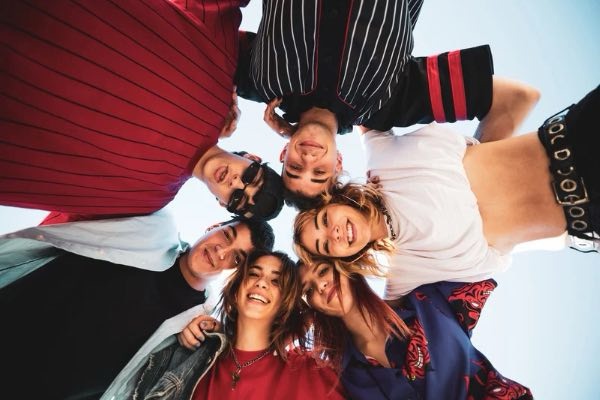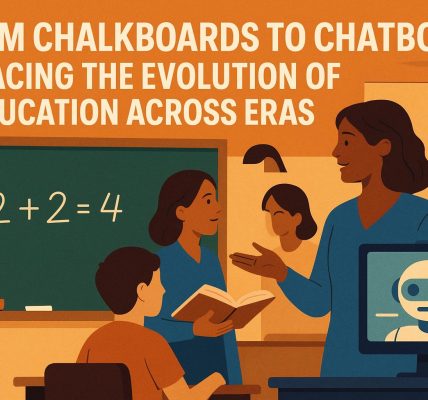Gen Z has officially entered the boardroom — not as executives, but as the consumers whose choices are reshaping entire industries.
In 2025, authenticity isn’t just a buzzword; it’s the currency of trust, and Gen Z is demanding it at every touchpoint. From Cannes Lions creative showcases to Axios brand studies, the verdict is clear: realness wins.

Goodbye Glossy, Hello Gritty
Where past generations were drawn to highly produced ads with polished scripts and perfect visuals, Gen Z craves unfiltered, raw stories. They grew up in an age where filters and curation dominate daily life — so they’ve developed a radar for anything fake.
A recent Axios survey revealed that 82% of Gen Z consumers trust a brand more when they see user-generated content and behind-the-scenes footage, rather than flashy commercial campaigns.
Vulnerability as a Strength
Brands that show their flaws — the challenges behind launching a product, stories of setbacks, or even mishaps in the creative process — humanize themselves.
Gen Z doesn’t expect perfection; they want to know there’s a real team, real struggles, and real values behind a logo.
At Cannes Lions 2025, winning campaigns weren’t those with the largest budgets but those with the deepest emotional resonance and transparency.
Community Over Campaign
In this new era, brands aren’t just creating customers; they’re nurturing communities.

Gen Z wants to feel like active participants — not passive consumers. Brands that co-create content with audiences, invite feedback, and celebrate community stories consistently outperform those stuck in one-way messaging.
Inclusivity and Social Alignment
For Gen Z, authenticity is inseparable from values. They want brands to stand for something, whether that’s sustainability, mental health, or social justice — and they expect them to walk the talk.
A brand statement is no longer enough; visible, ongoing action is the true measure of credibility.
Humor, Satire, and Real-Time Reactions
Unlike traditional corporate communication, Gen Z loves brands that aren’t afraid to joke, show awkwardness, or react in real time to cultural moments.
Brands like Duolingo, Ryanair, and even unexpected players like The Washington Post’s TikTok presence have turned this style into a competitive advantage — winning hearts and viral moments with playful authenticity.
Takeaways for Brands in 2025
Show, don’t tell: Share process videos, founder diaries, and honest stories rather than sleek “about us” statements. Empower your community: Let your followers shape your narrative through challenges, testimonials, and co-creation opportunities. Stand for more than profit: Align visibly with causes that matter and embed them into your brand DNA. Stay human: Humor, imperfection, and empathy make brands relatable and memorable.
A Life Lesson from Gen Z
The push for realness isn’t just a marketing trend — it’s a cultural signal. Gen Z wants a world where people, brands, and institutions drop the mask and embrace vulnerability as power.

In a world drowning in noise, they’re seeking signals of truth. The brands that dare to be real don’t just sell — they connect, inspire, and endure.
Finally what we think is that…
In 2025, the most valuable brand asset isn’t a flashy ad or a viral stunt — it’s authenticity.
As Gen Z reshapes the future of consumption, brands have a simple choice: adapt and get real, or risk becoming irrelevant.
#Authenticity2025 #GenZMarketing #iUInspires




